Frustration is mounting among organic farmers about ongoing payment delays in the Organic Farming Scheme (OFS).
Only half of the 1,642 organic farmers registered in the scheme have received a 2017 payment to date.
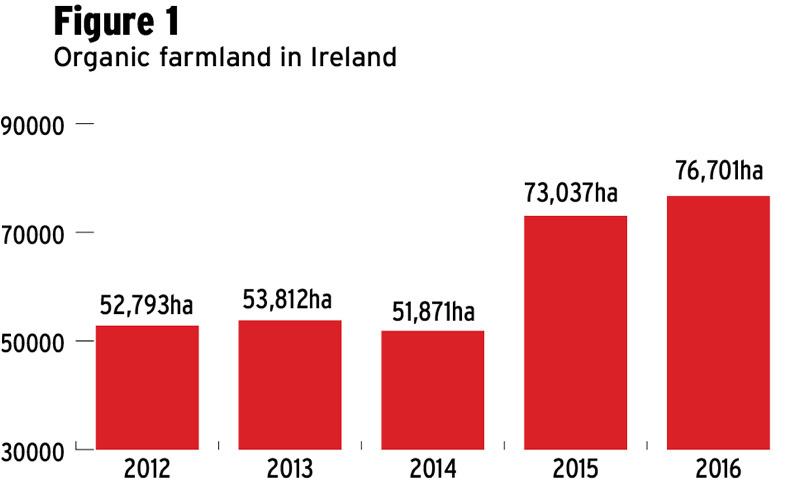
“The problem with payments, from an organic point of view, is that the farmers are in a minority and so further down on the Department’s list of priorities,” Grace Maher of Irish Organic Farmers & Growers Association (IOFGA) stated.
The organic scheme is worth €220/ha for the first two years of the scheme and €170/ha on the subsequent three years, with a total of €9.77m issued in 2016.
According to Bord Bia figures, sales of organic food increased by 10% in 2017, with a surge in organic food sales in German discounters Lidl and Aldi, in particular.
Despite evidence of year-on-year sales growth for organic beef, dairy and vegetables, there has been no indication from the Department that it will reopen the scheme for new entrants to organic farming.
Meanwhile, latest figures from Eurostat show that the amount of usable agricultural land in Ireland under organic production or under conversion to organic rose by 45% between 2012 and 2016.
In 2016, some 76,701ha of Irish land was in organic production, compared with 52,793ha in 2012.
The influx of land into organic crops and livestock has been closely linked to the Department of Agriculture’s Organic Farming Scheme. When this was last open in 2015, more than 21,000ha of land was put into organic conversion.
However, Ireland’s organic farmland, at less than 2% of total agricultural area, still lags way behind other European countries.
Austria had the highest level of organic land with 21.1% of farmland being farmed organically, followed by Sweden (18.3%), Estonia (18%) and Italy (14%).
The UK recorded a 30% drop in the area of organic land between 2011 and 2016 – the only European country to register a decrease.
Read more
Organic payments for 2017 begin to issue
On-time organic payments ‘vitally important’
Frustration is mounting among organic farmers about ongoing payment delays in the Organic Farming Scheme (OFS).
Only half of the 1,642 organic farmers registered in the scheme have received a 2017 payment to date.

“The problem with payments, from an organic point of view, is that the farmers are in a minority and so further down on the Department’s list of priorities,” Grace Maher of Irish Organic Farmers & Growers Association (IOFGA) stated.
The organic scheme is worth €220/ha for the first two years of the scheme and €170/ha on the subsequent three years, with a total of €9.77m issued in 2016.
According to Bord Bia figures, sales of organic food increased by 10% in 2017, with a surge in organic food sales in German discounters Lidl and Aldi, in particular.
Despite evidence of year-on-year sales growth for organic beef, dairy and vegetables, there has been no indication from the Department that it will reopen the scheme for new entrants to organic farming.
Meanwhile, latest figures from Eurostat show that the amount of usable agricultural land in Ireland under organic production or under conversion to organic rose by 45% between 2012 and 2016.
In 2016, some 76,701ha of Irish land was in organic production, compared with 52,793ha in 2012.
The influx of land into organic crops and livestock has been closely linked to the Department of Agriculture’s Organic Farming Scheme. When this was last open in 2015, more than 21,000ha of land was put into organic conversion.
However, Ireland’s organic farmland, at less than 2% of total agricultural area, still lags way behind other European countries.
Austria had the highest level of organic land with 21.1% of farmland being farmed organically, followed by Sweden (18.3%), Estonia (18%) and Italy (14%).
The UK recorded a 30% drop in the area of organic land between 2011 and 2016 – the only European country to register a decrease.
Read more
Organic payments for 2017 begin to issue
On-time organic payments ‘vitally important’


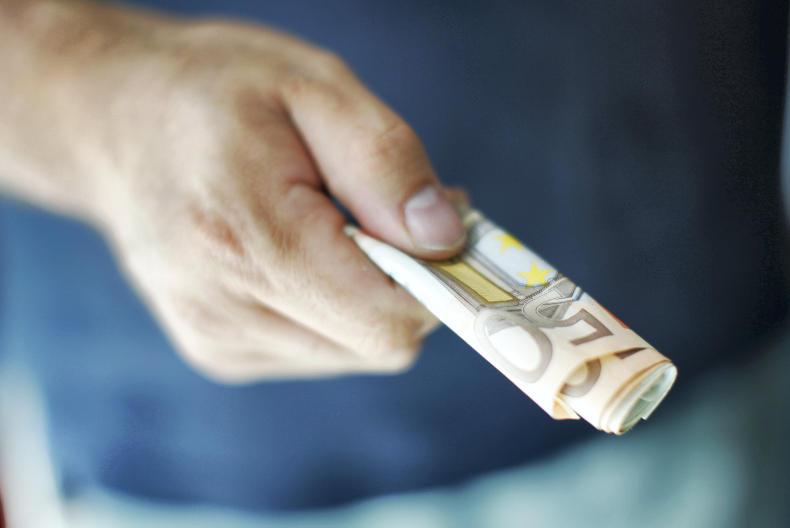




 This is a subscriber-only article
This is a subscriber-only article






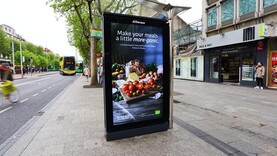
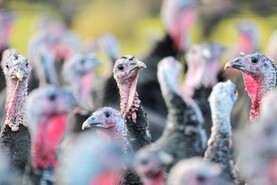

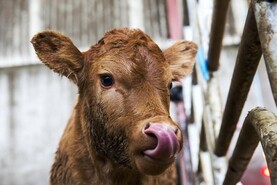

SHARING OPTIONS: